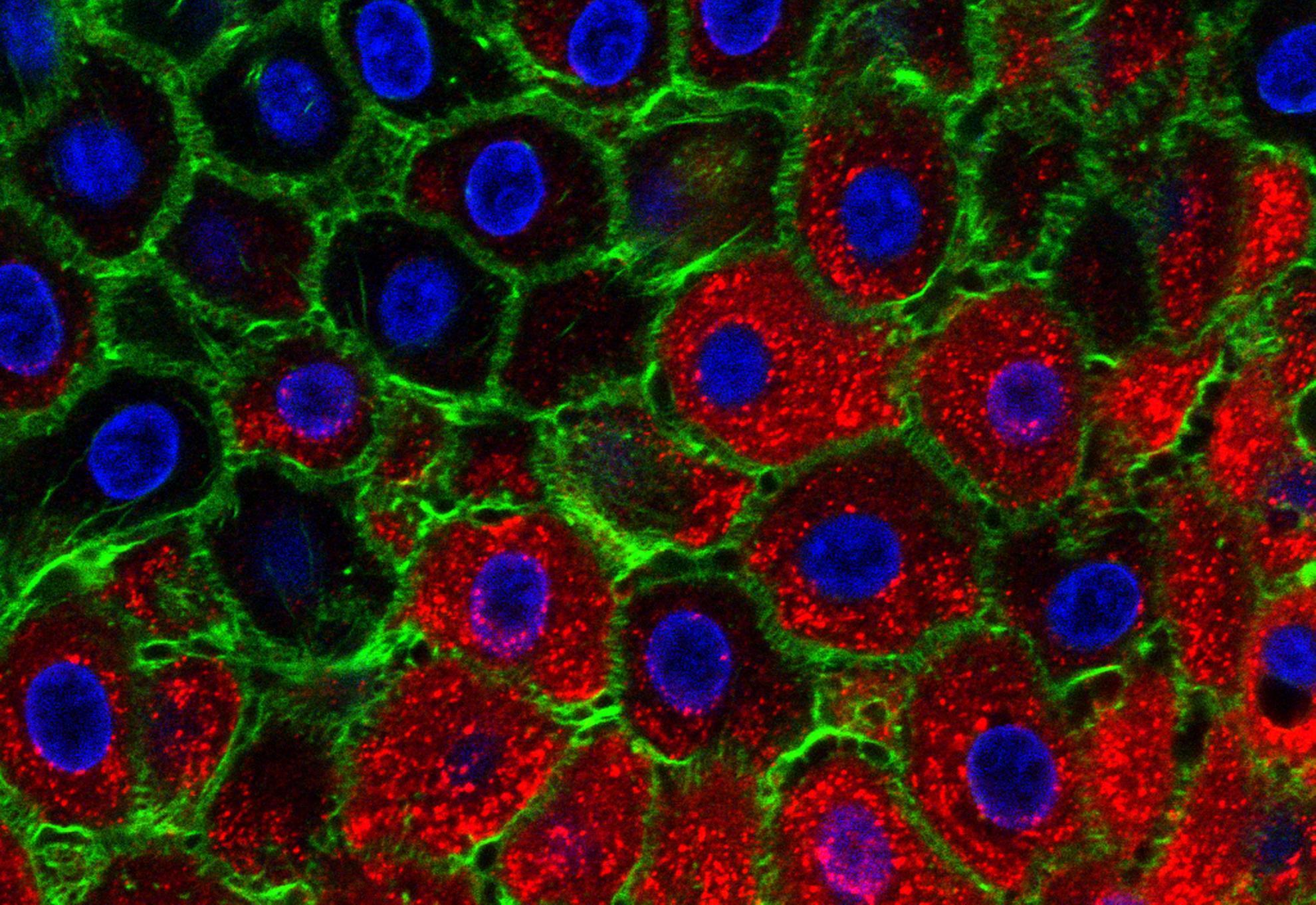Reconstructing geographical movements and host species transitions of foot-and-mouth disease virus serotype SAT 2
Of the three foot-and-mouth-disease virus SAT serotypes mainly confined to sub-Saharan Africa, SAT 2 is the strain most often recorded in domestic animals and has caused outbreaks in North Africa and the Middle East six times in the last 25 years, with three apparently separate events occurring in 2012. This study updates the picture of SAT 2 phylogenetics by using all available sequences for the VP1 section of the genome available at the time of writing and uses phylogeographic methods to trace the origin of all outbreaks occurring north of the Sahara since 1990 and identify patterns of spread among countries of endemicity. Transitions between different host species are also enumerated. Outbreaks in North Africa appear to have origins in countries immediately south of the Sahara, whereas those in the Middle East are more often from East Africa. The results of the analysis of spread within sub-Saharan Africa are consistent with it being driven by relatively short-distance movements of animals across national borders, and the analysis of host species transitions supports the role of the African buffalo (Syncerus caffer) as an important natural reservoir. IMPORTANCE Foot-and-mouth disease virus is a livestock pathogen of major economic importance, with seven distinct serotypes occurring globally. The SAT 2 serotype, endemic in sub-Saharan Africa, has caused a number of outbreaks in North Africa and the Middle East during the last decades, including three separate incidents in 2012. A comprehensive analysis of all available RNA sequences for SAT 2 has not been published for some years. In this work, we performed this analysis using all previously published sequences and 49 newly determined examples. We also used phylogenetic methods to infer the source country for all outbreaks occurring outside sub-Saharan Africa since 1990 and to reconstruct the spread of viral lineages between countries where it is endemic and movements between different host species.
Back to publications
